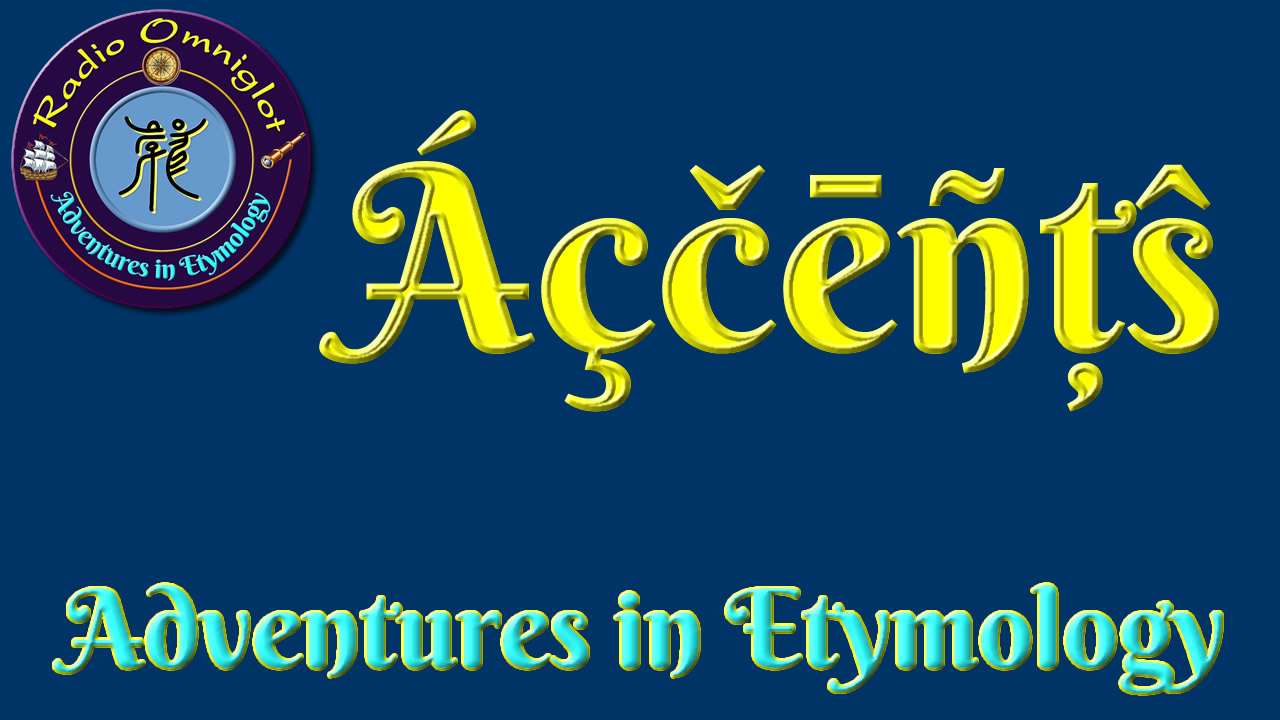Podcast: Play in new window | Download
In this episode we drill down to the Celtic roots of words for carpenter in English and other languages.
The Proto-Celtic word *karbantos means (war) chariot or wagon and is possibly related to the Proto-Celtic word *korbos (wagon, basket). Beyond that, its origins are not known [source].
Descendants in the modern Celtic languages include:
- carbad [ˈkaɾˠəbˠəd̪ˠ] = chariot in Irish
- carbad [karabad] = chariot, coach, carriage, wagon, vehicle, bier, jaw(bone) in Scottish Gaulish
- carbyd = bus, coach, vehicle, bier, hearse in Manx
- cerbyd [ˈkɛrbɨ̞d / ˈkɛrbɪd] = car, carriage, chariot, wagon, coach; clumsy fellow, bungler in Welsh
- karbed = vehicle in Breton
More details about words for Wagons & Carts in Celtic languages on Celtiadur.
The Gaulish word carbantos (chariot, wagon) comes from the same Proto-Celtic root, and was borrowed into Latin as carpentum (carriage, wagon, cart), from which we get the Latin word carpentārius (coachman, cartwright, carpenter) [source].
Words from the same Latin and Gaulish roots include charpente (framework, build, structure) and charpentier (carpenter) in French, carpentiere (carpenter) in Italian, carpintero (carpenter, woodpecker) in Spanish, and carpenter in English [source].
Incidentally, in Old English one word for carpenter, and woodworker, was trēowwyrhta, or literally “tree worker”. This later became treewright, an old word for a carpenter, joiner or other worker of wood [source].
Radio Omniglot podcasts are brought to you in association with Blubrry Podcast Hosting, a great place to host your podcasts. Get your first month free with the promo code omniglot.













